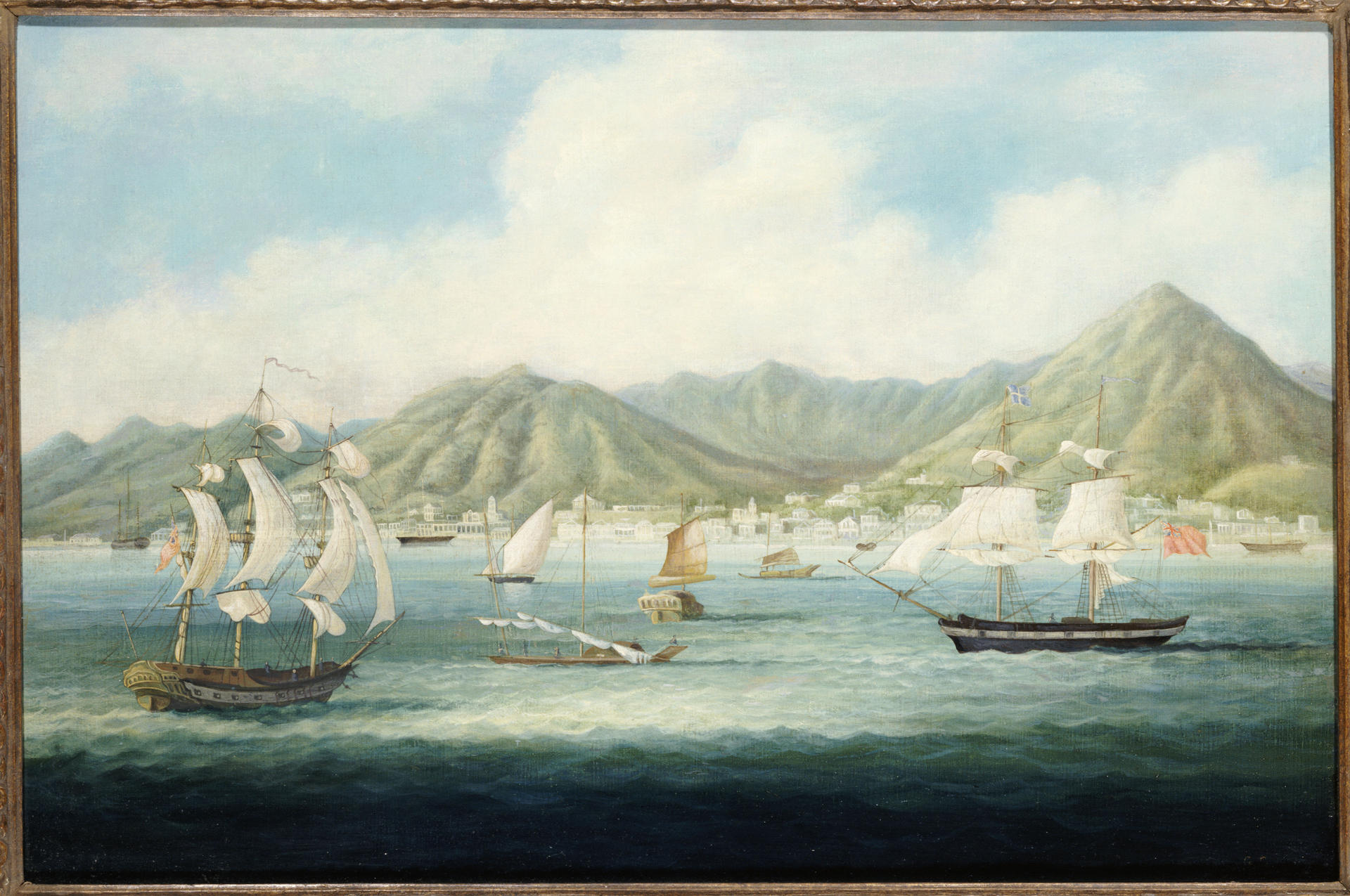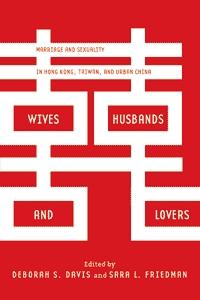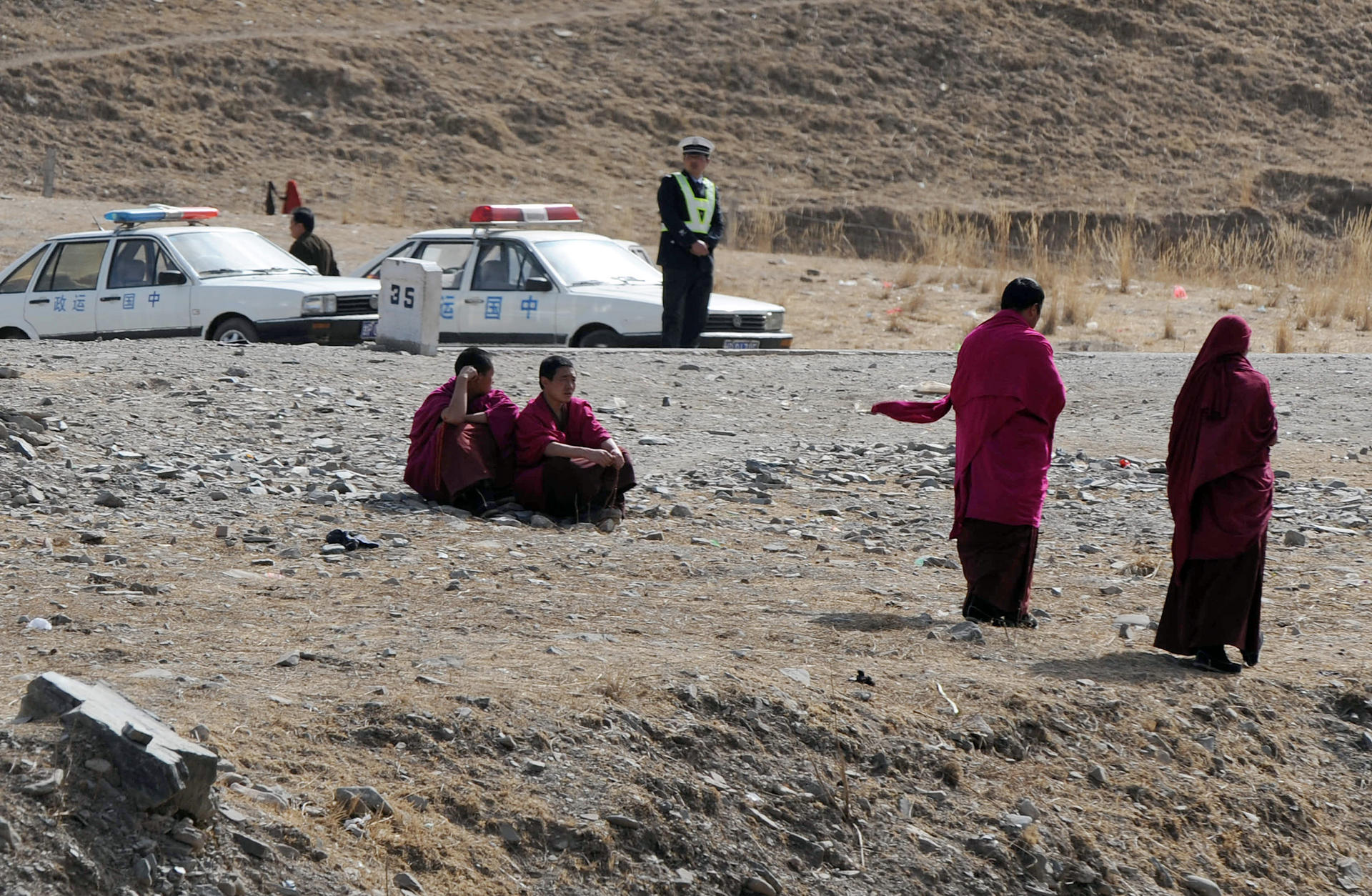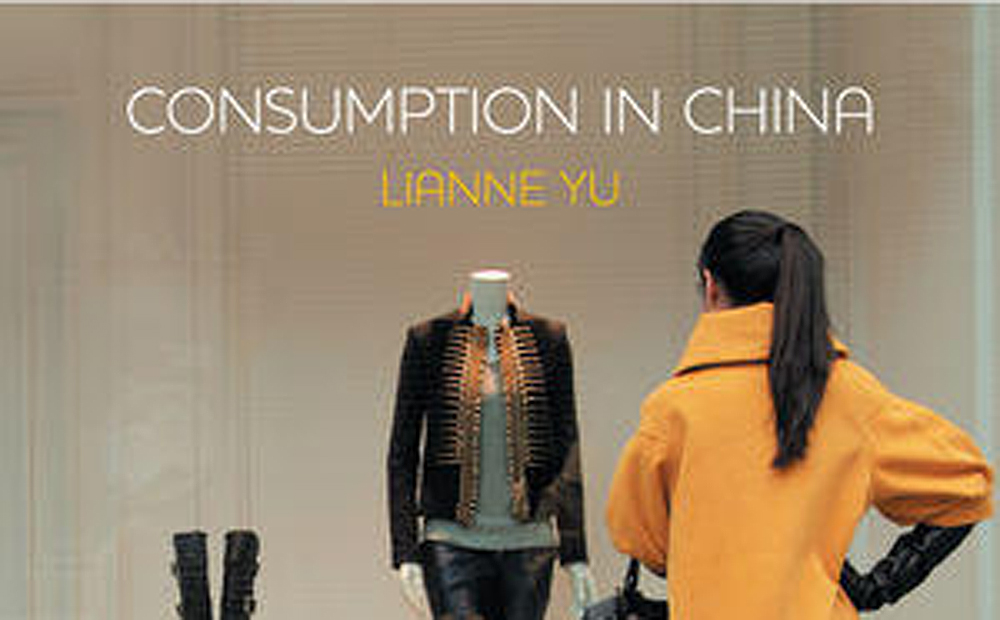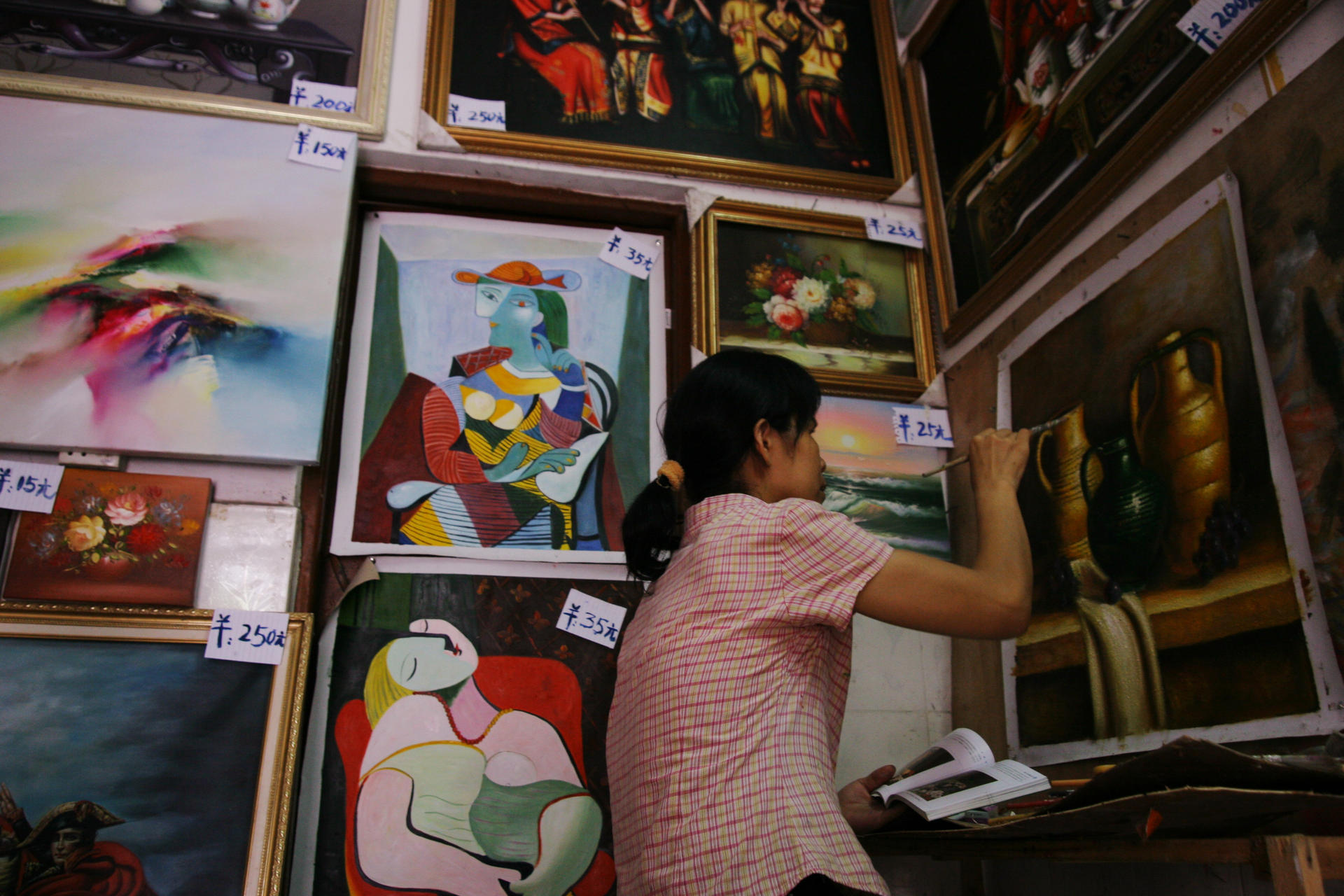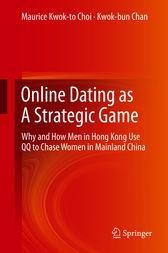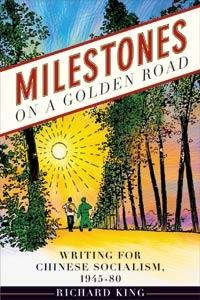During a visit to his mother-in-law, author, journalist and South China Morning Post contributor Mark O'Neill listens to a recollection of life growing up in Tangjiawan township in Guangdong during the Sino-Japanese war.
Sir John Bowring, the fourth governor of Hong Kong, deserves to be recognised as one of the defining men of his era, says a new biography by Philip Bowring, a distant descendant and Post columnist.
China's sexual revolution has been every bit as dramatic as its economic one, argues this collection of essays exploring changing sexual and marital norms across the mainland.
China possesses the world's longest land border - more than 22,000 kilometres - and is neighbour to 14 countries, more than any other nation.
Talk of China's growing middle class and rising domestic consumption is enough to send economists and CEOs into fits of excitement
Dafen, a small village in the suburbs of Shenzhen, is an unlikely centre of the international art world.
The local game has taken a tumble since the heady days of the 1970s/80s. As the planet's soccer fans turn their gaze towards Brazil, David Bartram asks what it will take for Hong Kong to ever make it to a World Cup tournament.
It is certainly one of the more bizarre premises in recent contemporary fiction. It's Berlin in the year 2011, and Adolf Hitler wakes to find himself lying on a floor, initially unaware that he was somehow brought back to life and sent several decades forward in time.
Hunting icebergs in Canada's easternmost province is not as easy as it sounds, discovers David Bartram.
China and the United States have the single most important bilateral relationship in the world, so it is worrying that the two countries appear to spend a great deal of time talking at cross purposes.
The United States and China have become the world's ultimate odd couple, thrown together by circumstance but now so destructively co-dependent that neither seems able - or willing - to go it alone.
Much has been written about the mainland's "leftover men", a product of the one-child policy and sex-specific abortions that could leave as many as 24 million men without a female partner by 2020.
In Emperors Once More, Hong Kong author Duncan Jepson has merged the city's past and present to create a hypothetical future in which a murky underworld threatens to rise to the surface.
China's modern political elite may look very different than it did during the days of Deng Xiaoping, but it remains frustratingly opaque to those observers without a window on the corridors of power.
It can be difficult, and not always desirable, to separate art and politics.

